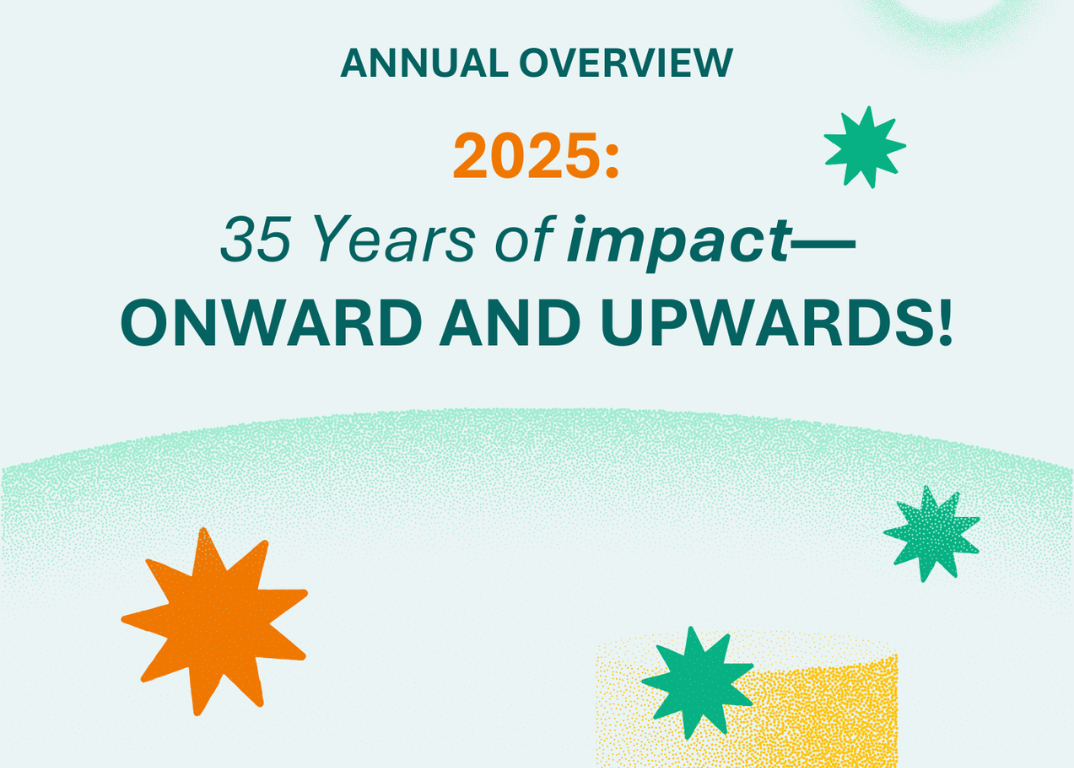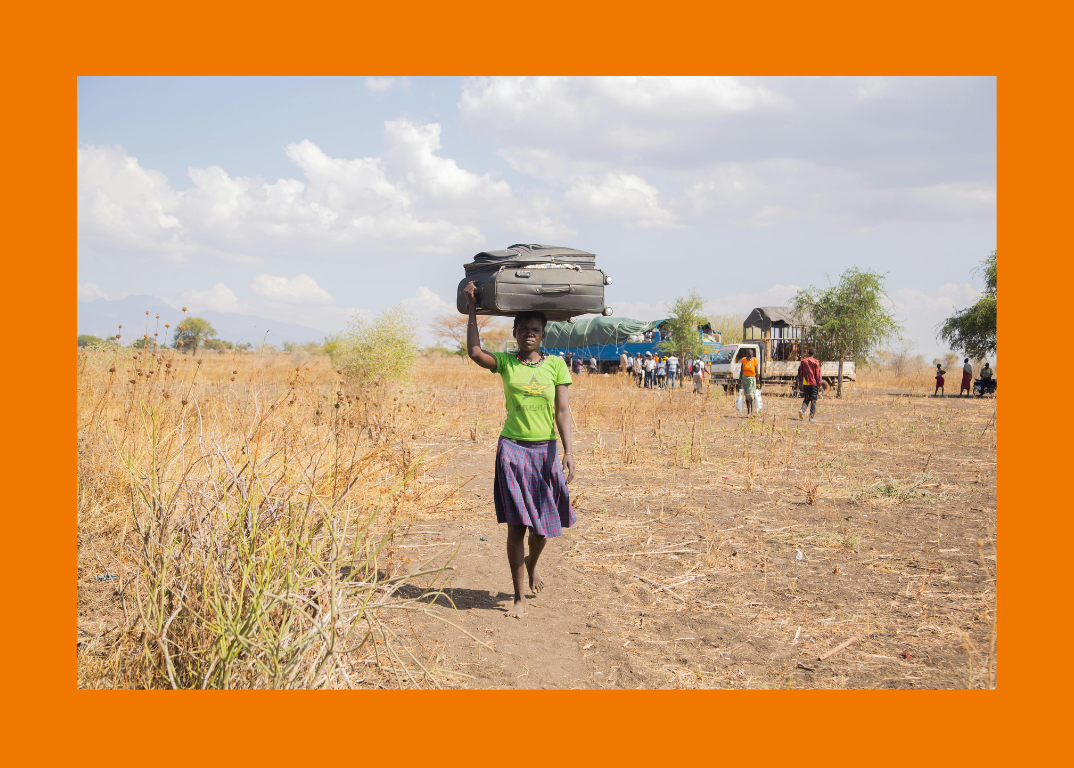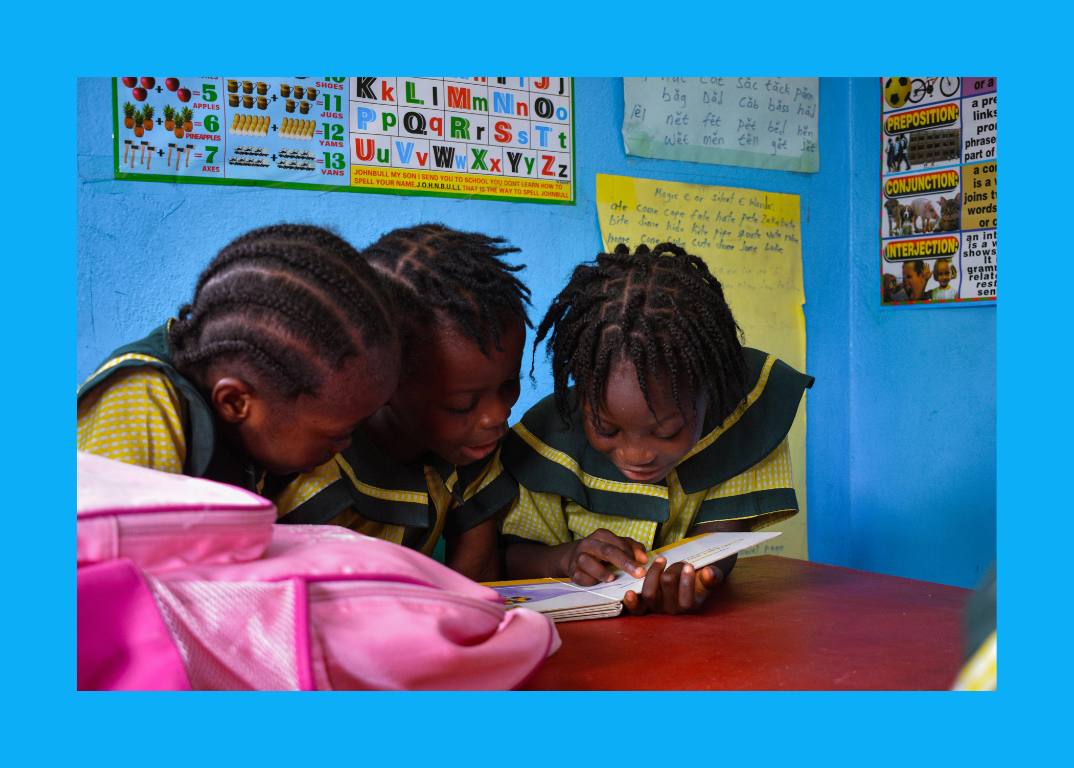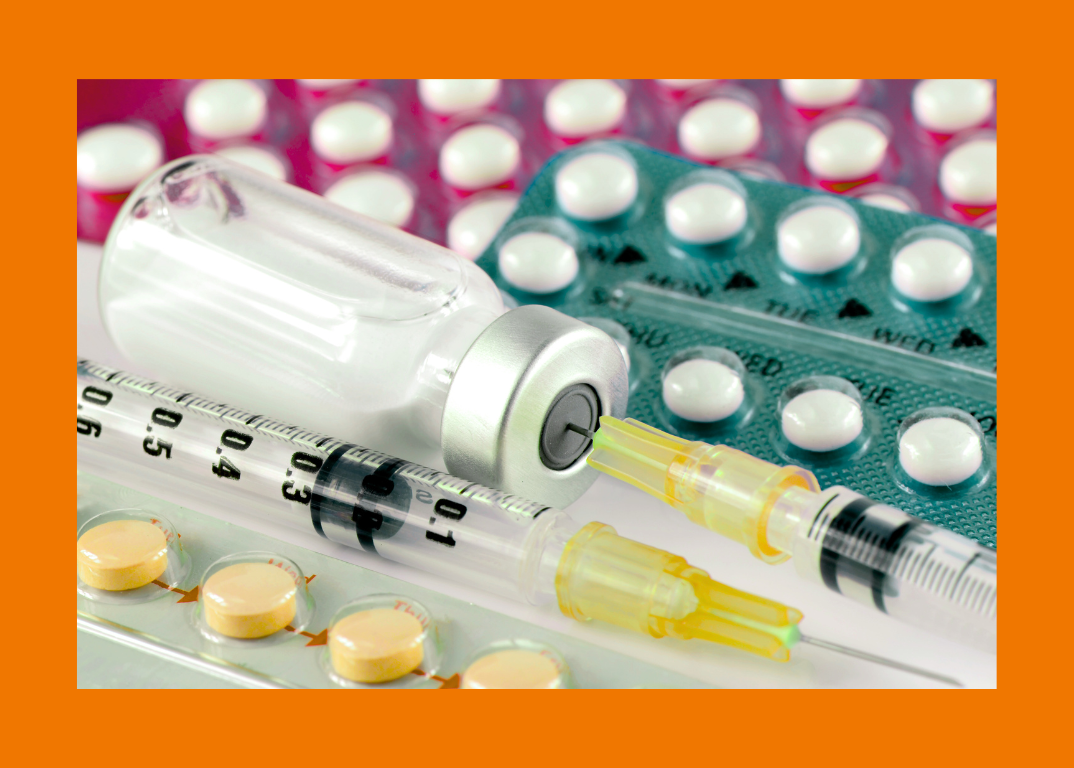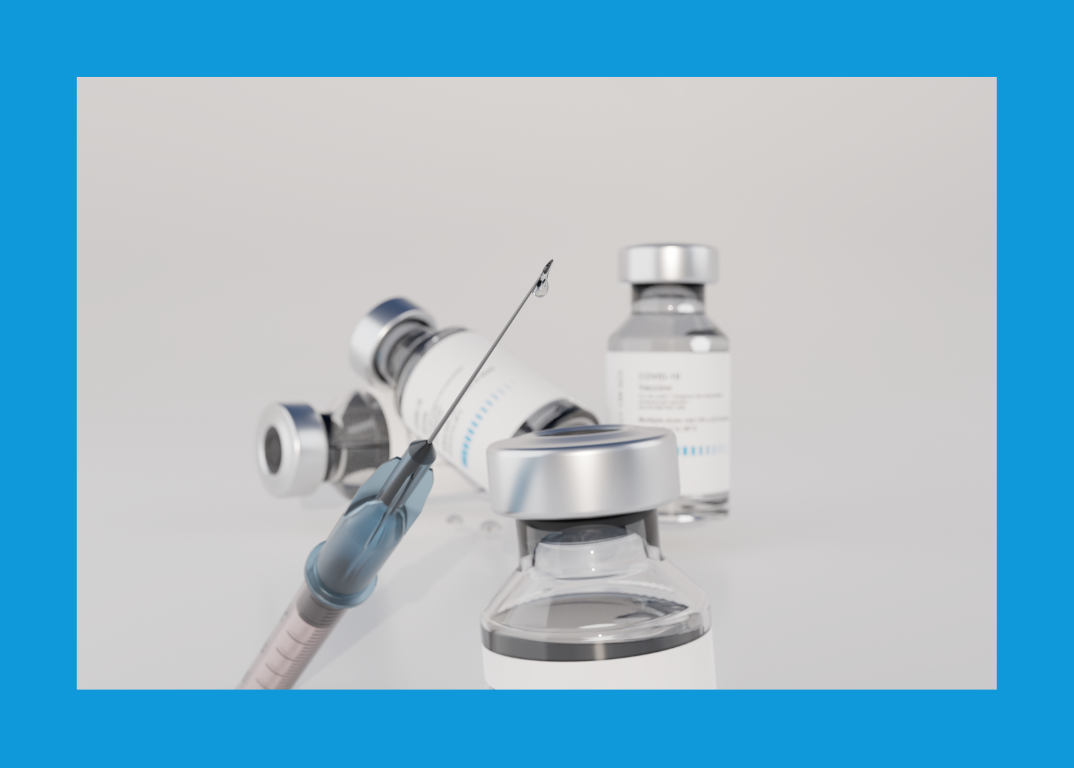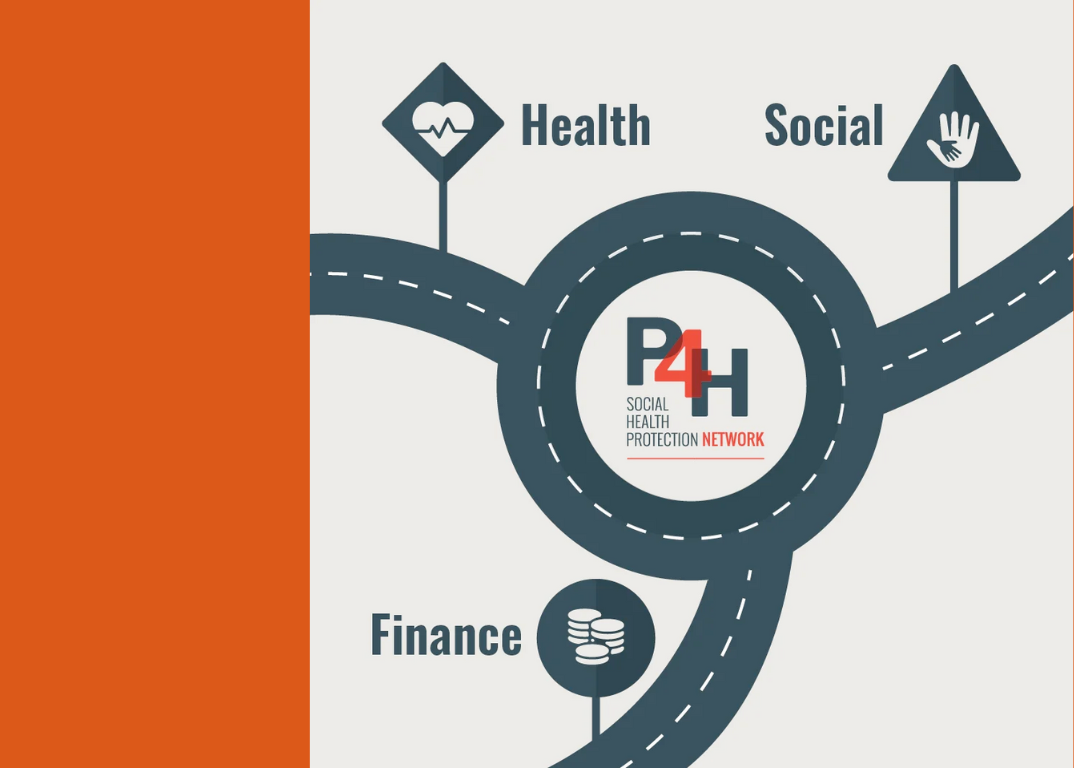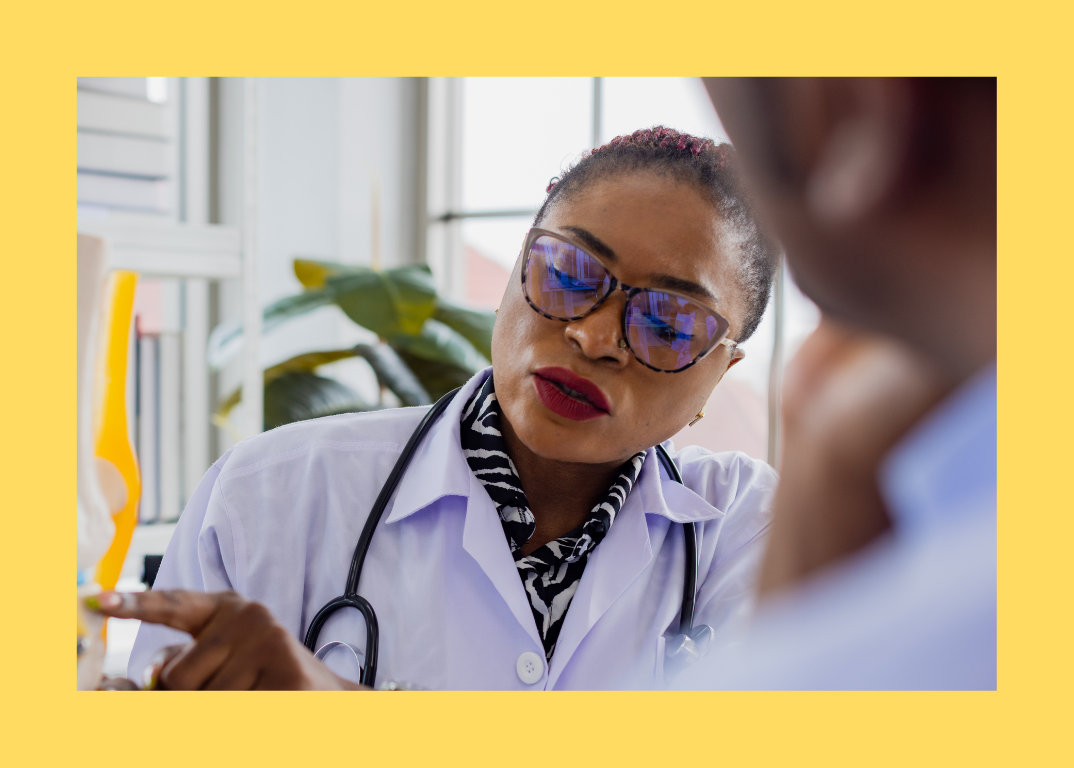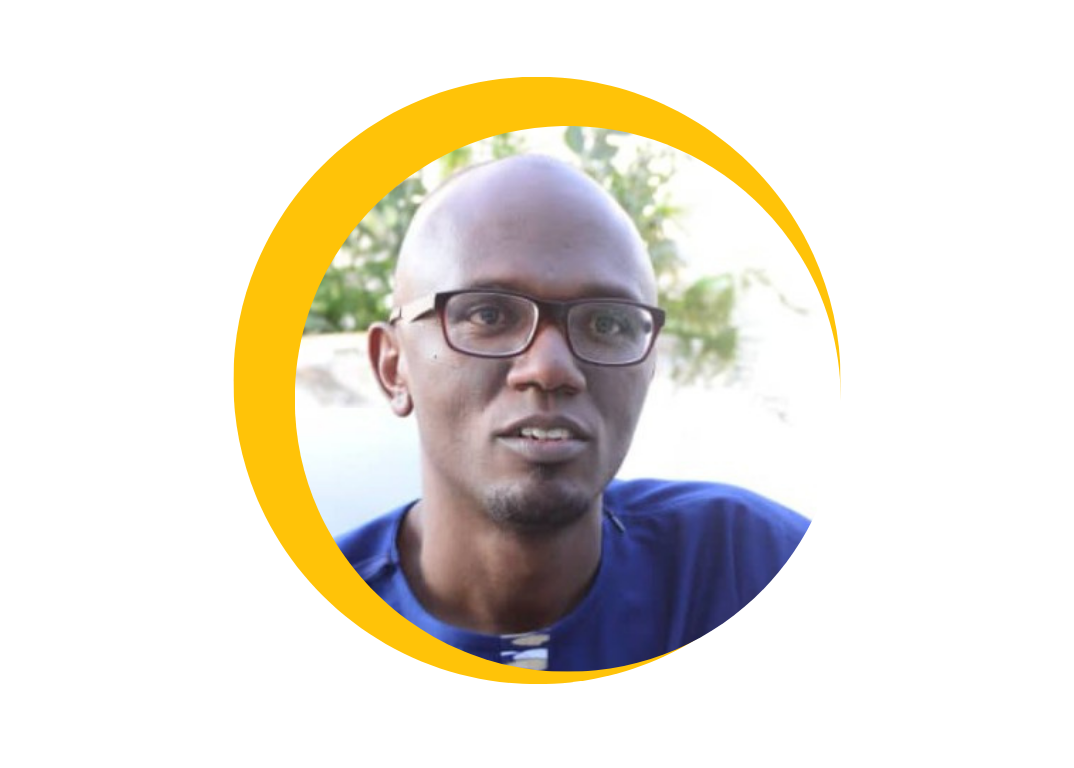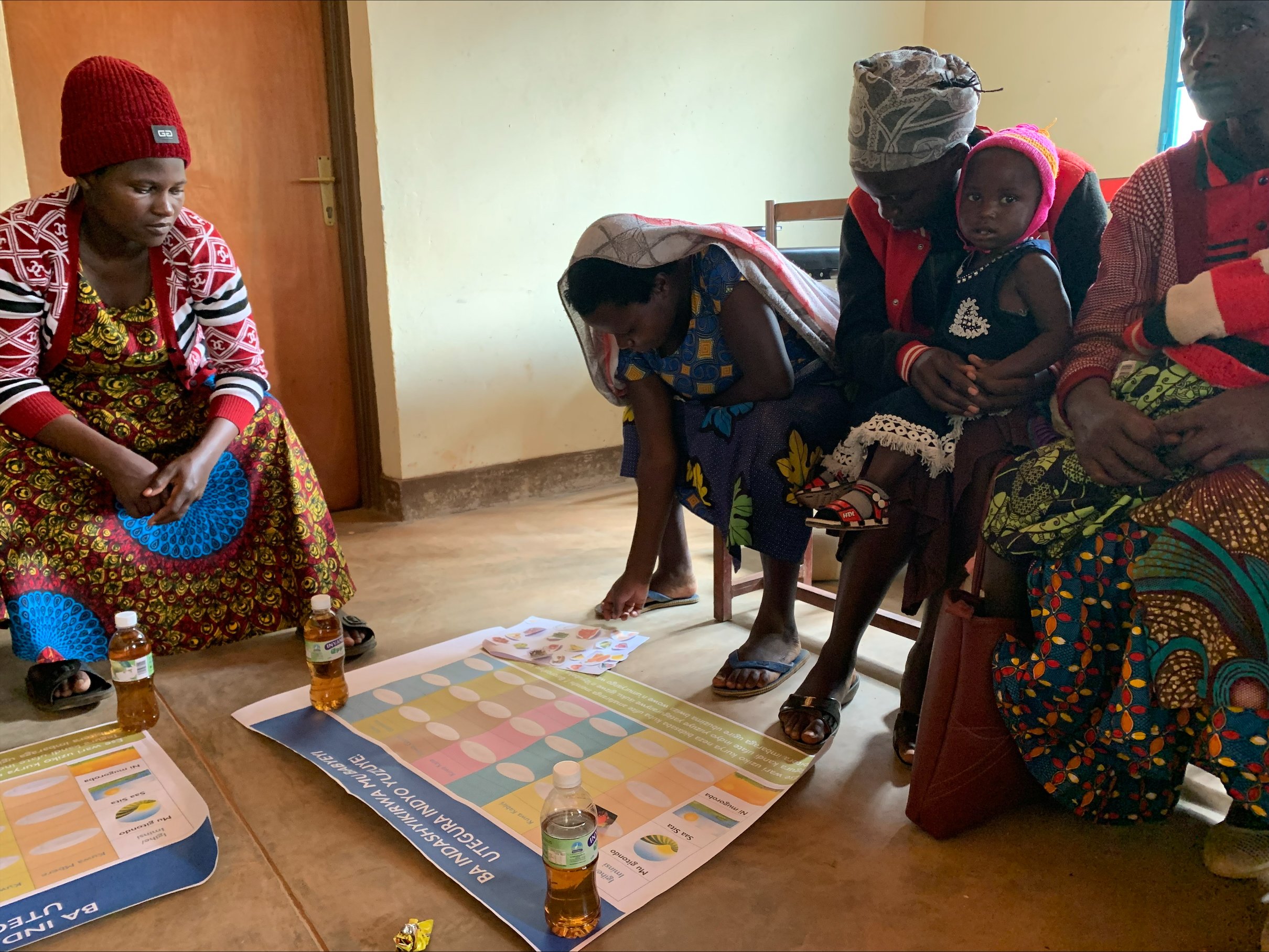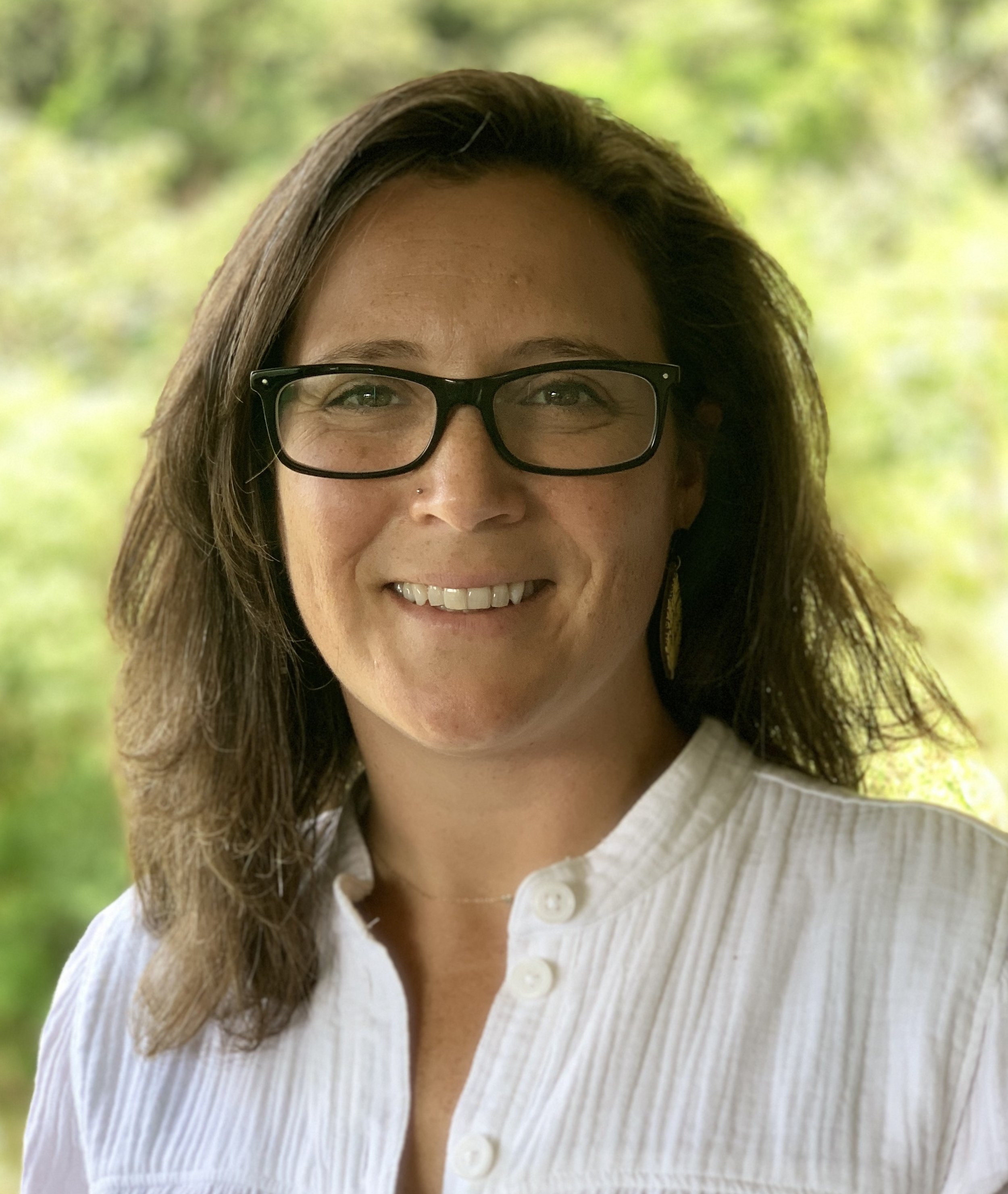
Allison R. Cantor, PhD, MA/MPH, CPH - Evaluation Specialist and Medical Anthropologist
Allison is an evaluation specialist and medical anthropologist with expertise in qualitative methods and analysis and participatory approaches to public health research and evaluation.
Allison completed a PhD in Applied Anthropology and a master’s degree in public health at the University of South Florida in 2016, with a focus on maternal nutrition and food insecurity in the context of international development.
She is a dynamic mixed methods researcher and evaluator, with experience in maternal and child health, water and sanitation, reproductive health, and food insecurity and nutrition.
Allison is an experienced leader in interdisciplinary team management, working for academic and non-profit organizations in various roles that include Academic Director and Evaluation Team Lead. Allison is currently an Adjunct Assistant Professor of anthropology at New Mexico State University and a research affiliate at the Monteverde Institute in Costa Rica.
She has worked in international development as an evaluation specialist and qualitative methods expert for international humanitarian organizations, community-based non-profits, and other development organizations. As the team lead, Allison evaluated Médecins Sans Frontières’ U.S. Covid-19 intervention across 7 sites, as well as the Primary and Sexual Reproductive Health Intervention in Anzoátegui, Venezuela.
Allison started with hera in 2020 and has contributed to numerous assignments, including an assessment of WHO’s Quality of Care Network, External Validation of UNFPA’s results based financing, and feminist participatory action research with Plan International on gender and climate change in the Sahel region. Allison’s roles have included qualitative methods support, project director, and Sierra Leone mission lead. Allison became an associate in 2023 and a partner in 2025.
Related Stories
The hera 2025 Annual Overview is now available.
As hera marked 35 years in 2025, the year became one of reflection, resilience and renewed focus. We strengthened our internal foundations, deepened our commitments to integrity, quality and sustainability, and continued our steadfast work to advance the right to health and development for all. Amid global uncertainty and profound loss, our cooperative spirit, shared values and dedication to meaningful impact guided our work across partnerships, policy and practice.
As in every year, we highlight some of our standout projects and share our work in numbers.
Households across low- and middle-income countries (LMICs) continue to face significant financial hardship as a result of healthcare costs. Out-of-pocket payments can push families into poverty, deepen existing inequalities, and force people to delay or forego care altogether. Understanding which policies and interventions effectively protect households from these financial risks is critical for strengthening health systems and advancing universal health coverage. To tackle this challenge, hera recently completed a rapid evidence assessment (REA) for the UK’s Foreign, Commonwealth and Development Office (FCDO).
In 2024, hera partnered with UNICEF and Euro Health Group (EHG) to conduct a global evaluation of its work in strengthening Primary Health Care (PHC). Primary Health Care is central to building equitable, resilient, and people-centred health systems, and remains central to global efforts to achieve universal health coverage and the SDG 3 targets.
In recognition of this, UNICEF commissioned a global thematic evaluation to assess its support to PHC across countries and regions, and to generate evidence that would inform future strategic, policy, and programme decisions. hera was contracted to carry out this evaluation, which covered UNICEF’s PHC-related work between 2018 and 2023.
hera recently contributed to a regional qualitative study led by UNICEF LACRO examining how obesogenic and sociocultural environments influence body image, mental health, nutrition, and physical activity among adolescents in Latin America and the Caribbean. Conducted in Peru and El Salvador, the study offers new insights into the behavioural drivers and lived experiences of young people—an increasingly important focus area for global health research.
This year, hera celebrates 35 years of dedication, innovation, and transformative change. From our humble beginnings in a small attic with a fax machine to a global cooperative working across more than 100 countries, our journey has been defined by one guiding principle: the right to health and development for all.
Over the past three and a half decades, hera has consistently worked at the intersection of health, development, and human rights, shaping policies, programmes, and strategies that leave lasting effects on communities worldwide.
Migration across South and Central America continues to pose significant challenges for migrants, particularly women, girls, and LGBTIQ+ individuals. These groups face heightened risks of sexual and gender-based violence (SGBV) and barriers to accessing essential Sexual and Reproductive Health (SRH) services. Recognising these urgent and evolving needs, hera partnered with IPPF under the Safe Passage Programme to design a new initiative by launching a strategic Call for Proposals through this comprehensive consultancy, laying a strong foundation for future interventions.
Unsafe abortion remains a major public health challenge in Liberia, contributing significantly to maternal mortality and undermining women’s rights and health. To better understand the social attitudes, knowledge, and norms shaping access to safe abortion and family planning, the Informal Working Group for Reproductive Health and Rights (IWG) commissioned a national research study: the Perception Survey on Social Norms on Access to Safe Abortion. Implemented by hera and NCG, the project aimed to fill critical evidence gaps and strengthen advocacy and policy reform efforts in the country.
This year, hera turned 35.
From an attic with a fax machine to a global cooperative shaping health and development, our journey has been one of flexibility, reinvention, and relentless commitment to making health a right for all.
hera is proud to announce that we are now a Certified B Corporation.
Which sounds impressive (and it is), but what does it actually mean?
At its core, it means we’re part of a global community of businesses that meet high standards of social and environmental impact. It means that as a consultancy working in health and development, we’re counted among organisations pushing for a more inclusive, equitable, and regenerative economy. And it means we’ve opened ourselves up to scrutiny, because impact should be measured, not just claimed.
Leen Jille, our beloved CEO, passed away in 2025. His leadership shaped not only the direction of our organisation, but also the culture and values we hold dear. His legacy continues to inspire everything we do.
In response to the evolving priorities of Sweden’s Regional Strategy for the Syria Crisis (2024–2026), a recent assignment was undertaken in partnership with the Nordic Consulting Group in Sweden to identify strategic entry points for strengthening gender equality and sexual and reproductive health and rights (SRHR) across Syria, Jordan, and Lebanon. The objective was clear: to support Sida in aligning its funding and influence with the region’s most pressing needs, leveraging its longstanding commitment to transformative, rights-based programming.
From 2020 to 2025, the Clinton Health Access Initiative (CHAI), with funding from the UK’s Foreign, Commonwealth & Development Office (FCDO), led a programme entitled “Establishing Best Practices for Government-Led Product Introductions” (referred to as the Best Practices Grant)—an ambitious £40 million initiative aimed at improving access to Reproductive Health (RH) commodities across several low- and middle-income countries.
hera was contracted by CHAI to conduct the final external evaluation of the BPG, with a mandate to capture lessons, assess results, and generate insights to inform both the FCDO’s final Programme Completion Review and future investments in RH market shaping.
Gender and social inclusion are vital pillars for sustainable development, especially in public infrastructure projects that have far-reaching impacts on communities. Recognizing this, the Ministry of Public Works in Mozambique embarked on an ambitious mission to develop a Gender and Social Inclusion Strategy aimed at fostering equality and reducing harm within the sector. hera aided in the development of the sector’s gender strategy, and the supporting action plan to implement it.
Since 2020, the hera consortium—comprised of hera, the International Centre for Reproductive Health-Kenya (ICRH-K), and the Aga Khan University (AKU)—has had the privilege of walking alongside the DESIP programme (Delivering Sustainable and Equitable Increases in Family Planning) in Kenya as an independent monitoring and evaluation partner. Appointed by FCDO during the early days of DESIP’s rollout, our role has been to provide third-party monitoring, process evaluation, and facilitate learning throughout the life of the programme.
Now, as DESIP concludes its six-year journey, we’re proud to reflect on what this partnership has achieved—and what it has taught us.
In a milestone achievement for global health policy, Rwanda has successfully launched its National Pharmacy Policy (2024-2029), marking a transformative step toward strengthening pharmaceutical governance and aligning with the country’s ambitious Vision 2050 goals. This comprehensive policy, developed by hera through a participatory and evidence-based process, not only addresses systemic gaps in the pharmaceutical sector but also positions Rwanda as a regional leader in innovative and inclusive health reforms.
Community health systems are the backbone of equitable healthcare delivery, especially in regions where vulnerable populations, including children, face significant health challenges. Recognizing the critical need to strengthen these systems, the UNICEF Middle East and North Africa (MENA) Regional Office, with support from hera, commissioned a mapping of community health resources, policies, and infrastructure across 12 countries in the MENA region. The resulting findings are set to guide policymakers, donors, and civil society organisations in making strategic, informed decisions that will shape the future of community health in the region.
At hera, we recently had the opportunity to lead an in-depth evaluation of UNICEF Mexico’s 2020-2025 Country Programme Document (CPD) (Evaluación del Programa de País 2020-2025 de UNICEF en México). This comprehensive assessment covered the programme’s implementation from 2020 to mid-2024, focusing on its four programmatic areas, their execution at federal and subnational levels, and their financial aspects. The evaluation was guided by the criteria of relevance, effectiveness, coherence, and sustainability, ensuring a well-rounded analysis of the programme’s achievements.
The Sahel region stands at the crossroads of climate change and gender inequality, where the escalating climate crisis disproportionately impacts adolescent girls and young women in their diversity. Recognizing the urgent need for a gendered analysis of these challenges, Plan International West and Central Africa Office commissioned hera to conduct a pioneering study on the gendered impact of climate change on adolescent girls’ rights in the Sahel. This research, conducted with an intersectional feminist approach over two phases, engaged 25 young women as co-researchers and 5 mentors, ensuring that the voices and lived experiences of adolescent girls and young women were at the heart of the study.
The hera 2024 Annual Overview is now available.
From strengthening health systems to advancing universal health coverage, 2024 was a year of progress and perseverance for hera. Our work spanned humanitarian response, gender equality, and policy reform—driving meaningful change in global health and development.
As hera continues to grow, we also evolve internally. Dive in to find out what we’ve been up to this year.
In recent years, Kenya has made significant strides in reducing childhood morbidity and mortality from vaccine-preventable diseases. A key contributor to this progress has been the Gavi Health System Strengthening (HSS) support grant, which aimed to enhance immunization systems across the country. In 2024, hera, in collaboration with ICRH-Kenya, was commissioned by UNICEF to conduct a summative evaluation of the Gavi HSS programme to assess its relevance, effectiveness, and impact.
The Lusaka Agenda of December 2023 marked a pivotal moment, outlining five critical shifts in health systems to achieve universal health coverage (UHC) and strengthen primary health care (PHC). In response to this agenda, hera undertook a project that mapped potential pathways for advancing these priorities, offering actionable insights for global health policy reform.
The P4H Network aims to expand healthcare access, reduce financial burdens, and protect against catastrophic health costs. To measure and communicate its impact, a comprehensive Monitoring and Evaluation framework and tools were developed, including the innovative Critical Milestone Timelines tool.
In 2023, Malawi and Mozambique faced a double blow of natural disasters and public health crises. The devastation caused by Cyclone Freddy, coupled with a severe cholera outbreak, left communities grappling with loss, destruction, and a lack of basic services. In response, UNICEF activated its Level 2 Corporate Emergency Activation Procedure (CEAP) to address the urgent needs of those affected. A recent evaluation by hera sheds light on the effectiveness and impact of UNICEF’s response to these concurrent emergencies, offering critical insights for future humanitarian efforts.
The COVID-19 pandemic exacerbated existing humanitarian crises, overwhelming healthcare systems and disproportionately affecting vulnerable populations. To understand the impact on humanitarian health responses, the WHO Global Health Cluster commissioned hera to conduct a comprehensive assessment.
hera was contracted to assess the UNDP-UNFPA-UNICEF-WHO-World Bank Special Programme of Research, Development and Research Training in Human Reproduction (HRP).
With the goal of better integrating sexual and reproductive health and rights services (SRHR) into humanitarian responses, and improving access to services for vulnerable populations, hera led a consortium to develop a handbook for East and Southern Africa. The project aimed to create standardised tools for assessing vulnerability and its impact on SRHR service delivery.
We are thrilled to announce the addition of two exceptional professionals to the hera team.
Announcing Erick Baganizi as hera’s newest Associate Partner.
We are very happy to announce that Giorgia Lattanzi has joined hera as partner following our latest General Assembly of April 2024.
In 2023, hera was contracted to develop and test social and behaviour change communication tools and strategies to enhance community awareness and participation in MNASRH services in Rwanda.

